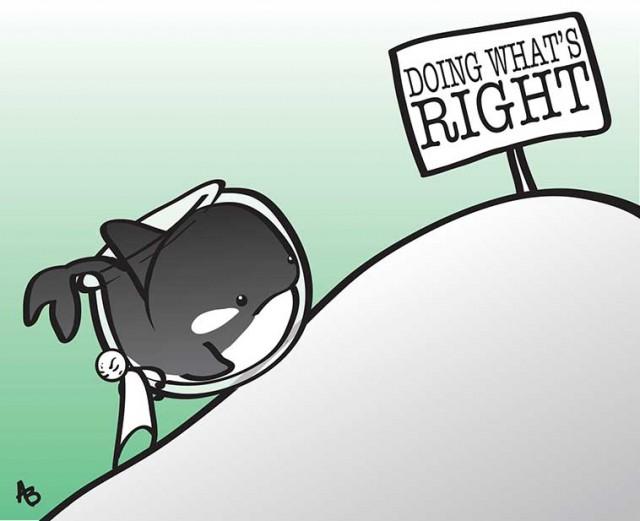By Colt Taylor/ reporter

Self-control is a big part of being human, and the psychology behind it is as fascinating as it is useful, according to a University of Kentucky psychology professor.
Nathan DeWall presented the results of numerous self-control studies to SE students March 22.
Self-control is fueled by one’s mental strength, DeWall said.
“This is the energy we need to control our impulses,” he said.
One study fatigued a group of subjects of their mental energy before giving part of the subjects a milkshake and the other part a glass of half milk and half water. Despite the difference, both groups had identical scores in the mental energy assessment. While the drinks were different, their calorie counts were the same, DeWall said. The brain requires glucose to function and to fuel self-control.
Glucose levels also play a role in aggressive behavior, DeWall said. In another study, subjects were mentally fatigued, and then half were given lemonade and the other half Splenda. Subjects were then offered the chance to blast strangers with noise for fun. DeWall said the group that received lemonade was less inclined to blast people than the group that received Splenda.
“Very few people wake up, have a full breakfast and start killing people,” he said while explaining the correlation between glucose levels and aggressive behavior.
In another study, scientists checked the blood sugar levels of subjects and then told them pressing a button would blast their spouse with noise. Those with lower blood sugar blasted their spouse more than those with higher blood sugar.
Glucose is a common metabolic resource not only for humans but for animals as well, DeWall said. One study taught dogs to retrieve food from a toy and then mentally fatigued them by having them sit and stay for 10 minutes before they were given a toy rigged to give no food at all. Half of the fatigued dogs were given a glucose shot, and when given the toy, the glucose dogs spent the same amount of time trying to open the toy as the rested dogs while the fatigued dogs spent very little time on it.
When it comes to practical application, self-control is more important for success than raw intelligence, DeWall said. In another study, children were given the option to eat a marshmallow immediately or wait and receive two marshmallows. Those who could better delay instant gratification were later found to have more successful lives and more stable relationships than those with less impulse control.
“Why do we control our impulses at all?” DeWall asked.
One controls their impulses because of the benefits they get from doing so. One gains the trust of their peers and the respect of those around them, DeWall said.



























